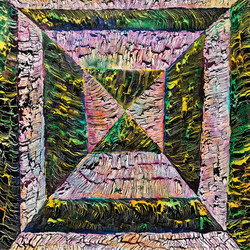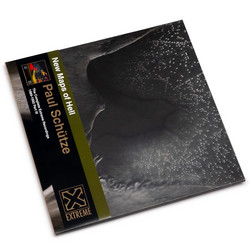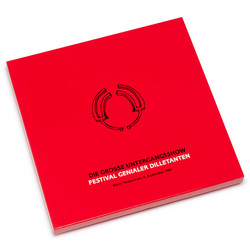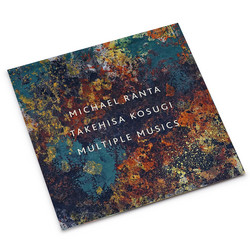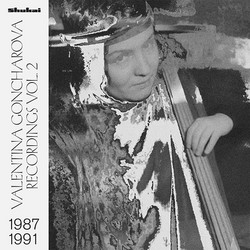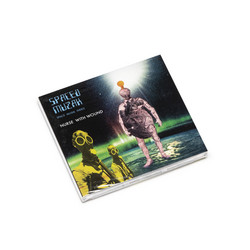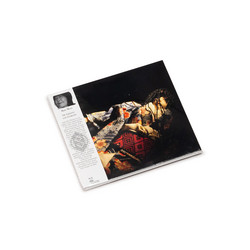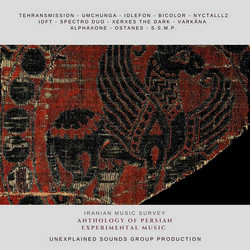Johanna Sulkunen
Coexistence
With the album “Coexistense”, the adventurous Finnish musician completes her remarkable Sonority trilogy – and invites us all to listen to other voices in search of a common humanity. Johanna Elina Sulkunen has demonstrated the power of her voice in numerous contexts. Both in the experimental vocal ensemble IKI and in various collaborations with names such as Blixa Bargeld, Michiyo Yagi, Tomasz Stanko, August Rosenbaum, the Copenhagen-based Finnish vocalist has gained recognition as an expressive and exploratory voice that moves fluidly between experimental jazz, electronic music, electroacoustic composition and avant-garde. It therefore came as no surprise that the exploration of the voice was a key element when she launched her solo project Sonority in 2018 with the album “Koan”. It was also the first step in an ambitious album trilogy that is now completed with “Coexistence”, which will be released on May 24th.
Where “Koan” and the subsequent “Terra” (2021) have emerged as meditative explorations of Sulkunen’s
own voice and body in relation to ambient soundscapes and field recordings, “Coexistence” invites us to listen to other people’s voices in search of connection and community. “Can we, by listening, learn to think differently?” was a fundamental question that Sulkunen asked herself as she embarked on the album. She reflected on the power relations and social hierarchies that are also embedded in the human voice. Although the voice is seemingly a common human condition that can bind us together, some voices take a lot of space in society, while others are marginalized or even silenced. For Sulkunen, who has spent several years working with her own voice, a natural need to listen arose – as a musical as well as a human practice. The 11 compositions that make up “Coexistence” have grown out of conversations and interviews with people who can be said to be socially marginalized to one degree or another. Sulkunen has spoken to refugees and homeless people, among others, and rather than approaching them as a classic objective journalist, she has created a space for conversation through the open question: “What would you say if the whole world was listening?” From the conversations, a web of themes has emerged, about home and homelessness, borders and borderlessness, but also about happiness, dreams and visions for the world we inhabit.
The many meetings and conversations have not only helped to define the themes of the album, but fragments of the conversations are also used as concrete musical material. With her well-known sense of complex soundscapes and experimental musical approach, Sulkunen unfolds a poignant mosaic of human voices and stories on “Coexistence”, and with an almost anthropological curiosity she uncovers power relations and fragile human relationships. “Coexistence” offers no easy morality, but through its insistence on the necessity of listening to voices that are otherwise often silenced, the album is nevertheless imbued with a desire to create a common human space, a meeting place with room to both express one’s own voice and listen to others. It’s a powerful and relevant conclusion to Sulkunen’s ambitious Sonority trilogy, and an album that adds significant aspects to her journey through the human voice as something that is at once deeply personal and something that connects us as humans.


